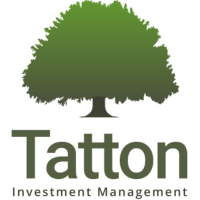The past week brought a stabilisation of stock markets, as buyers returned to buy the latest dip. It would seem that despite the looming announcement of the reversal of QE by the US Fed (probably September) investors worldwide continue to have confidence that markets will not collapse as a result.
Macro-economic data releases provided support for such a view with the latest readings confirming that global economic growth remains firmly on track. Forward looking activity indicators in the form of the purchasing manager indices (PMIs) reported healthy levels of activity growth, with further acceleration still observable in the Eurozone, which is clearly taking over the growth baton from the US where waning business exuberance for Trump policy potential is leading to a first slight deceleration in the manufacturing sector.
On the back of this, Bloomberg, the global financial data, research and news provider expects 2017 global growth to accelerate to 3.4%, following the 3.1% reading for 2016.
The proverbial fly in the ointment for domestic UK assets was that £-Sterling hit a new low in its external value to other leading currencies (see chart above against the €-Euro), which can be interpreted as a no confidence vote of markets for the near-term future of the UK’s economic progress relative to the rest of the world.
We look at this in more detail in a separate article and note that this latest decline may be no more and no less than a wider realisation that the UK’s economic progress has begun to diverge from the rest of Europe because of uncertainty over our future trade relationship with the rest of the block.



